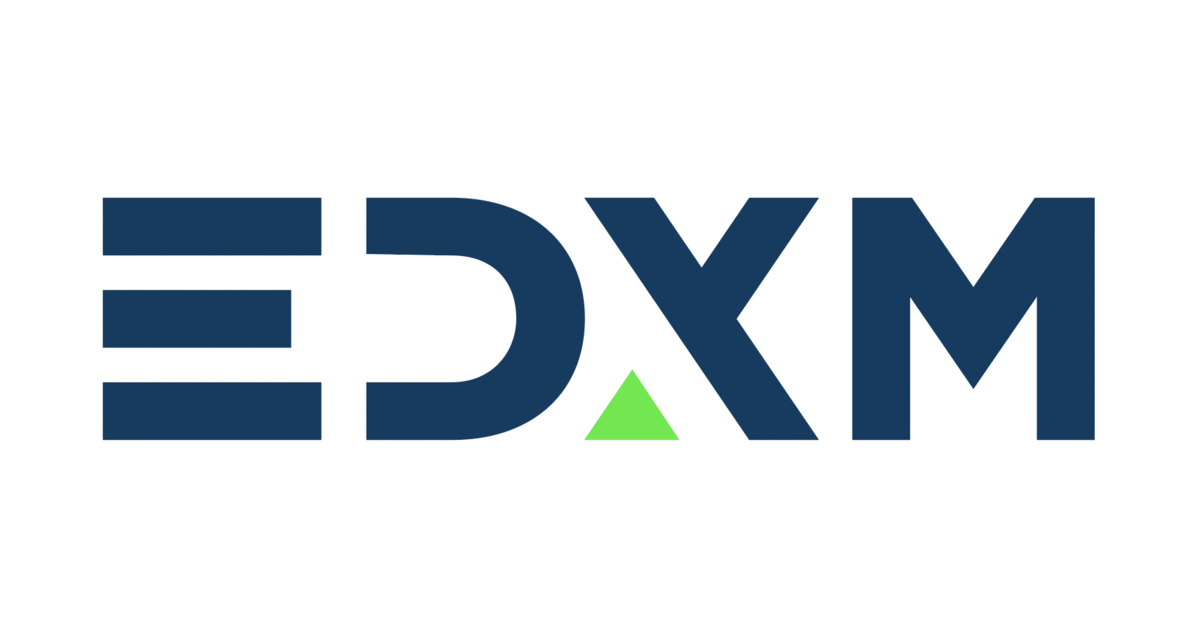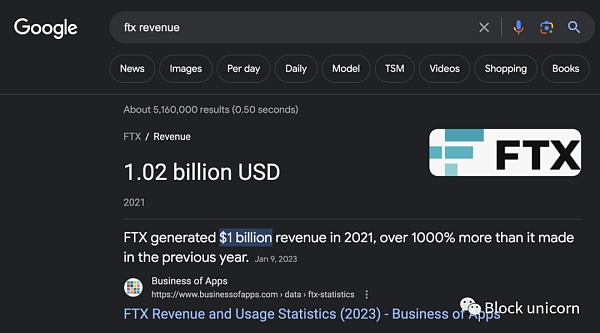The source of the Libra algorithm, the virtual machine manufacturer VMware will become another big player in the blockchain development.
For large and complex technologies like blockchains, when companies adopt this technology for a variety of use cases and solutions, there are many ways to do this. VMware, the world's leading virtual machine manufacturer, is now helping various organizations integrate blockchain technology.

VMware first did its homework in technology and then developed its own model to begin the blockchain fantasy journey. Pratima Rao Gluckman, Head of VMware Blockchain Engineering, said:
“We basically did a lot of research in the blockchain field. We have an excellent research team at VMware that they proposed a scalable Byzantine fault-tolerant protocol.” “This is almost the basis of our blockchain – it is Our platform."
As more and more corporate participants (such as AT&T, Nestlé and MasterCard) continue to develop blockchain applications for various use cases, many well-known companies have introduced products and services to help with these efforts. Entities such as Amazon Web Services (AWS), IBM, and Oracle have created a variety of blockchain frameworks and solutions that make it easier for businesses to adopt and use the technology to meet their needs.
According to an article in Forbes, Facebook is a company that uses VMware's technology for its Libra digital assets. Libra will have a " hotstuff " variant, a consensus mechanism developed by VMware.
Gluckman pointed out that in August 2018, VMware disclosed one of the developments. “We opened up the source code for SBFT, which is called the Concord project,” she said in detail. In a statement in August 2018, VMware stated that the Concord project is "an open source distributed trust infrastructure. The Concord project uses a Byzantine fault-tolerant consensus protocol to provide a well-functioning distributed trust system: a 'safe' and ' Active 'system.'
A research paper from arxiv.org explains that SBFT is “a Byzantine fault-tolerant licensed blockchain system that addresses the challenges of scalability, decentralization, and global geographic replication.”
Looking ahead, VMware has also built "a VMware blockchain service" to provide "a licensed blockchain for enterprise alliances," Gluckman explained. In essence, the service deals primarily with “establishing enterprise-level decentralized trust,” she said. This caters to customers who want to build solutions for a use case that has no major center of trust or failure. “Trust is distributed across these different consensus nodes,” she said. This is conceptually similar to Bitcoin's core entity or point of failure that can be hacked to affect an asset, but relies on a large number of parties. VMware takes this concept to a higher level and can be adopted by large enterprises that want to incorporate such technologies for various use cases.
Gluckman returned to the Concord project, pointing out the decentralization, "throughput", "high trust security" and "scalability" aspects of these large players. She explained: "This can basically be based on the Concord project."
She added: "We also ensure that these Concord nodes can be run in a decentralized manner in many different cloud providers and internal data centers."
She explained that VMware is working hard to advance the concept of "providing this decentralized trust" to be extensible and compatible across multiple different operations.
VMware is also divided into two other categories: "robust day-2 operations" and "developer-friendly" aspects. Gluckman pointed out that developer-friendly aspects include providing developers with the things they need to build "decentralized applications" (often called Dapps).
In short, Gluckman said,
"This is our main focus at now, is to provide enterprise-level decentralized trust, robust day-2 operations, and more friendly to IT developers, so we can write as many Dapps as possible on the blockchain."
We will continue to update Blocking; if you have any questions or suggestions, please contact us!
Was this article helpful?
93 out of 132 found this helpful
Related articles
- Blockchain: Man-made Borg people?
- "People" hit each other's central bank digital currency and then "veiled"
- Proficient in IPFS: IPFS Get the content below
- Babbitt column | Liu Chang used: credit currency theory should not kill password currency
- Opinions | Is the financial era coming from a giant company to develop a stable currency?
- Introduction to Technology | Solidity Programming Language: Boolean and Integer
- Opinion | Talking about platform currency, which makes digital currency extension more abundant






